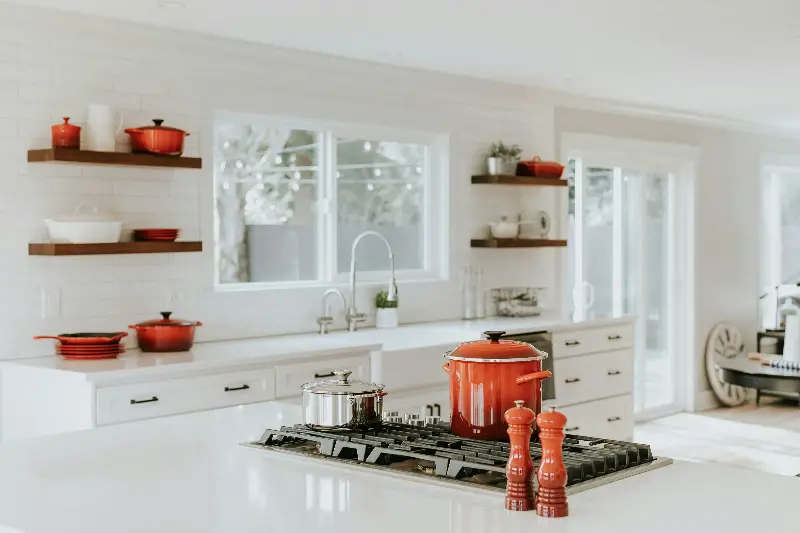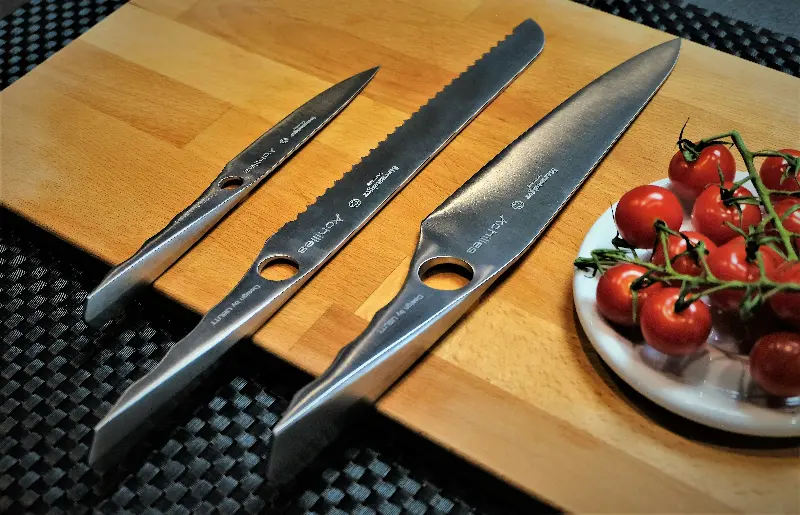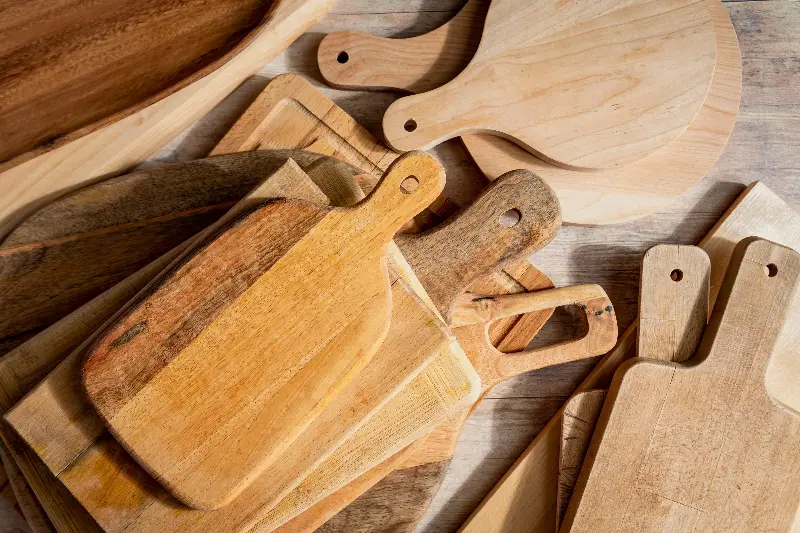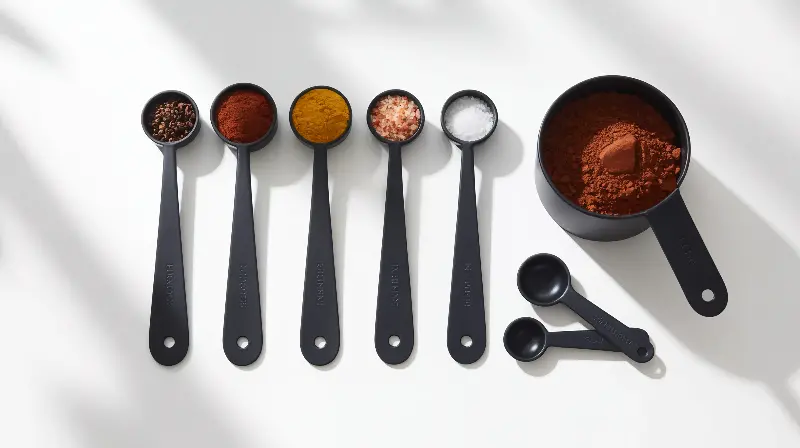
Setting up your first kitchen can feel like embarking on a culinary adventure with limitless possibilities—and countless gadgets lining the store shelves. While it’s tempting to outfit your space with every shiny tool, success (and sanity) comes from starting with the essentials. In the world of kitchen gadgets, less is almost always more, especially for beginners. Here’s what you really need in your kitchen starter kit and what’s best left on the store shelf for now.
The Indispensable Basics
Every beginner’s kitchen needs a handful of quality, versatile tools. These items will help you whip up most meals, from a quick breakfast scramble to a hearty pasta dinner. If you choose wisely, these basics will last you through years of cooking.
At the top of your list should be a good chef’s knife. It’s the most-used tool in any kitchen, perfect for slicing, dicing, and chopping just about anything. Fancy knife sets might look impressive, but a single well-balanced chef’s knife, paired with a small paring knife, can tackle almost anything.

A sturdy cutting board is equally crucial. Wood or bamboo boards are gentle on knife edges and double as attractive serving surfaces. If you want to avoid extra dishwashing, choose a reversible board for chopping various ingredients.

You’ll also need pots and pans. Start with a medium-sized nonstick skillet for eggs and pancakes, a saucepan for reheating and boiling, and a large pot for soups or pasta. Stainless steel or cast iron pans are excellent upgrades as your skills grow, but you can stick with nonstick in the beginning for easy clean-up.

Don’t forget a set of measuring cups and spoons, a mixing bowl, and a basic colander. These often-overlooked items make following recipes and cooking pasta or rinsing beans a breeze.

Utensils You’ll Use Daily
It’s easy to underestimate how many simple utensils you’ll reach for as you learn to cook. Stock your drawer with a few reliable pieces: a spatula, a wooden spoon, a ladle, a set of tongs, and a can opener. Each has its purpose—from flipping pancakes to stirring stews and tossing salads.
A peeler and a grater are handy, too. The peeler makes quick work of veggies, while the grater does double duty for cheese and zesting lemons, instantly elevating dishes with little effort.
One surprisingly useful addition is an instant-read thermometer. It takes the guesswork out of cooking proteins like chicken or steak, ensuring food safety—a priority for any beginner.

Food Storage and Organization Musts
Leftovers can be a beginner cook’s best friend, making food storage containers invaluable. Opt for clear glass or BPA-free plastic varieties so you always know what’s in the fridge. A couple of sheet pans for roasting or baking and some basic aluminum foil or parchment paper are also worthwhile investments.
Keep your pantry staples organized with small baskets or containers—this simple step can save hours spent rummaging for that elusive bag of rice or box of pasta.

What To Skip (At Least For Now)
It can be tempting to load up on specialized tools with all the bells and whistles, especially when you see celebrity chefs using them on TV. But there are plenty of gadgets that don’t earn their keep—at least not in a starter kitchen.
A garlic press, avocado slicer, or banana cutter might seem clever, but they’re basically single-taskers. Your chef’s knife can easily perform the same functions. Similarly, skip the oversized blender or food processor unless you know you’ll be using it often—hand blenders or old-fashioned elbow grease work for most beginner needs.
Huge knife blocks, multiple baking pans, and cabinets full of mismatched storage containers can create clutter. Remember: more stuff often means more mess and more work when cleaning up.
Unless you’re a budding baker, hold off on stand mixers, bread machines, or coffee gear beyond a basic kettle or French press. These tend to gather dust in novice kitchens and eat up valuable counter space.
Fun Facts That Might Surprise You
Did you know that the origin of the spatula dates back over 3,000 years to ancient Greece? Or that chefs’ knives, despite looking high-tech today, have had largely the same blade shape since the 18th century? It’s proof that the tried-and-true basics have stood the test of time.
Glass measuring cups even became a kitchen standard thanks to a grandmother’s clever invention. In 1923, Lucille Pyrex wanted a better way to measure and pour—a simple idea that changed home cooking forever.
And here’s some food for thought: most professional chefs rely on less than 15 tools in their kitchens, no matter how advanced their techniques. For beginners, this is a sign that you don’t need much to get started—just a love of food and an eagerness to experiment.
Starting small doesn’t mean sacrificing creativity. In fact, simple toolkits can encourage experimentation and skill-building. When you’re not bogged down by a drawer full of gadgets, learning becomes less intimidating and a lot more fun.
Once you master the basics and discover your favorite recipes or cooking styles, you can gradually add specialty items that match your interests. Until then, focus on curating a toolbox that works for you—not one that tries to do it all.
Stock your kitchen with essentials, skip the gimmicks, and you’ll be well on your way to cooking success (with less mess and more space for your culinary adventures). Happy cooking!
